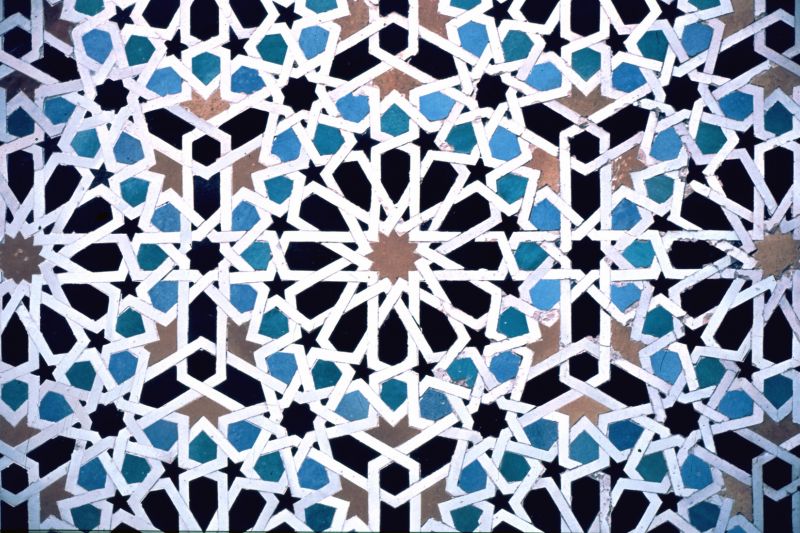
There is a story about a man from the South who was a regular attendee at all the weddings. He would joyfully and generously give money to contribute to the cost of the wedding ceremony.
He didn’t mind spending as much as OMR50 or more to support the couples, and when someone once told him, Don’t spend more than you can afford, he replied, One who shies away from duty has no place among the members of his tribe.
His ritual did not end with a single wedding, instead he contributed to all the weddings, cruising around Dhofar in the search of these joyous occasions to which he could contribute.
This tradition of the Dhofar region, passed down from one generation to the next, is a form of social solidarity and love known as “Almagbor”.
The word Almagbor means ‘dust’, in the local dialect, and idiomatically refers to fulfilling one’s duty. It holds great prestige among the people of the South and whoever practices Almagbor earns the respect of everyone in his tribe.
Dhofari writer Mohammad Al Salimi explained that 40 years ago, practising Almagbor was a little bit more complicated.
“Each tribe only held one particular person responsible for announcing the marriages in the region, and this person would yell the announcement from the streets and alleys to invite people to attend the ceremony and Almagbor.
Later this responsibility fell to the Imam of the mosque, who would announce the Almagbor ceremony of the tribe after the completion of the Friday sermon. It further evolved into posting lists in the mosques, in which everyone was invited, and then it transformed once more with the distribution of invitation cards.
Nowadays invitations are sent through social networking sites, making it easy to invite a large number of people with minimal time and effort. Each Sheikh of tribe establishes a group in the Whatsapp group called Dhofar Group for Social Occasions, which contain lists of names of each tribe’s elders, each of whom sends invitations to their respective tribe members.”
The invited guests and well-wishers gather at the groom’s home at the appointed time to pay Almagbor, meanwhile the groom’s family writes the full name of each one who contributes and the amount contributed in a book called Kitab Almagbor. When the contributors or their siblings get married, the groom should return the Almagbor to them.
Read: Georgio Armani Wraps Milan Fashion Week with Play on Red
After Almagbor ceremony, the bride’s family presents the bride to her husband amid crowds of well-wishers and guests.
“Almagbor is as an old habit ingrained in the hearts of the people of Dhofar, passed from one generation to another. It has made the process of getting married much easier, especially for young men who can’t afford paying all costs, which might include Mahr, a wedding ceremony, furniture for their new home, household expenses, and a honeymoon,” said Nader Ahmed Marhoon, a resident of southern Oman. “In Dhofar, the members of the tribe praise this tradition and cooperate to ensure young men don’t have to take loans from banks and other sources to pay for their new lives.”
Some people complain that families exaggerate their Almagbor contributions to highlight their social status, and others say the money is used for wasteful wedding ceremonies, which is not permissible. However, most of the people of the south are committed to the tradition and see it as a positive way to bring their community together.
Mohammed Al Mardoof, a documentary film director who directed a film named Only in Dhofar agrees. “Almagbor cuts marriage cost for couples whom are soon to be married, covering about 70 per cent of wedding expenses. Now even the bachelors can look forward in anticipation of experience and the traditions when getting married.”
The essence of Almagbor is social cohesion and solidarity among members of the region. It not only enables young couples to get married and start their lives together debt-free, it also strengthens the bonds of brotherhood among all members of these Dhofari tribes in a beautiful act of support, charity, and love.